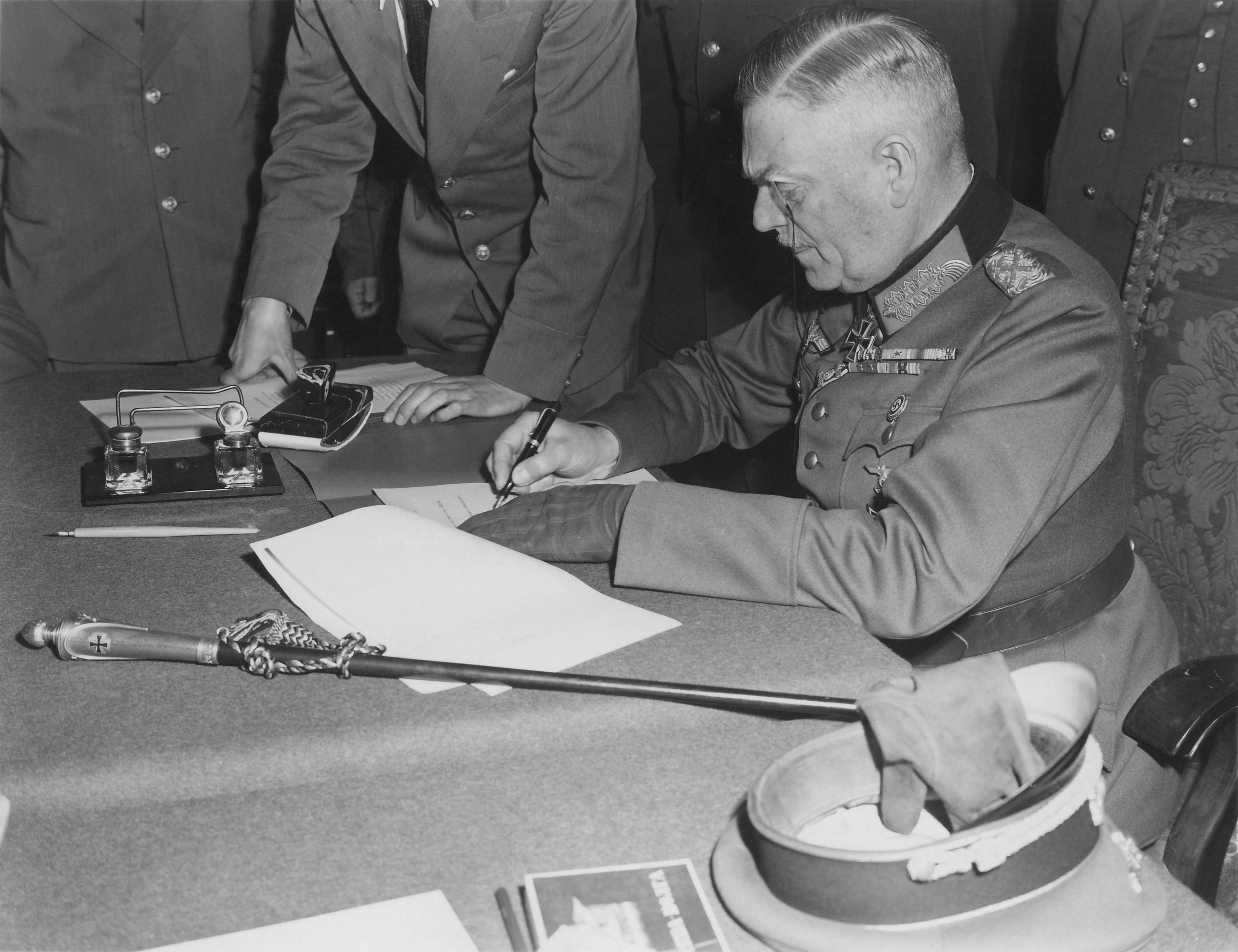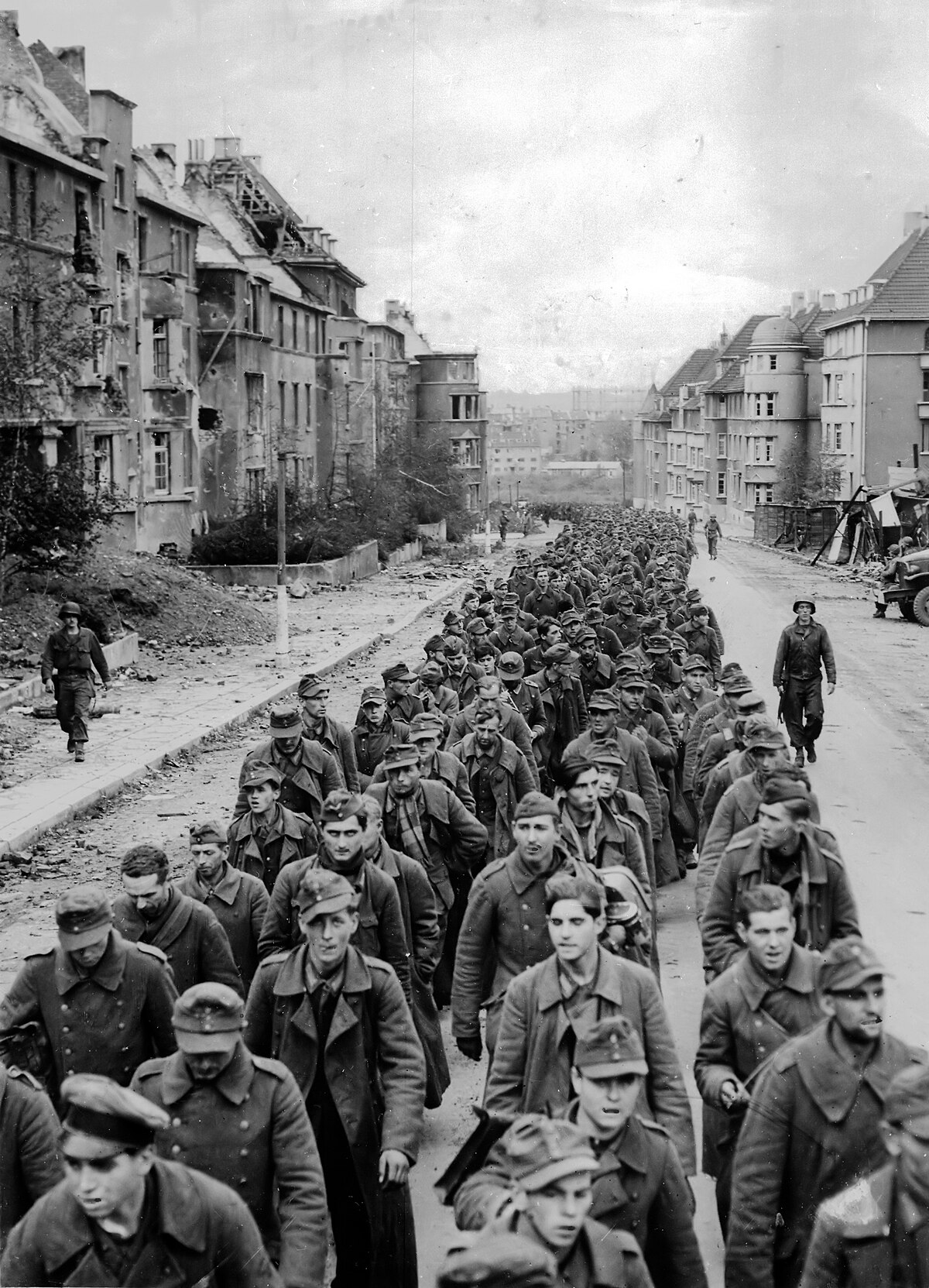
Germany's Surrender in World War II
Germany's capitulation in World War II marked a significant turning point in the conflict and was the culmination of a series of military defeats and strategic failures. The surrender process unfolded over several days, culminating in an official announcement that would change the course of history.
Context Leading to Surrender
By early 1945, Germany was facing overwhelming pressure from both the Eastern and Western fronts. The Soviet Union had launched a massive offensive, pushing German forces back towards Berlin. Concurrently, Allied forces from the West were advancing into German territory following successful campaigns in France and Belgium. The situation for Germany became increasingly dire as resources dwindled and morale plummeted among both soldiers and civilians.
The Final Days of the Third Reich
In April 1945, as Soviet troops encircled Berlin, Adolf Hitler remained in his bunker beneath the city. On April 30, 1945, Hitler committed suicide, leaving a power vacuum that further destabilized the already crumbling Nazi regime. Following his death, Grand Admiral Karl Dönitz was appointed as his successor but faced insurmountable challenges.
Unconditional Surrender
On May 7, 1945, at 2:41 AM Central European Time (CET), General Alfred Jodl signed the unconditional surrender of all German forces at Allied headquarters in Reims, France. This act effectively ended the war in Europe. The surrender document stipulated that hostilities would cease on May 8 at 11:01 PM CET.
The formal announcement of Germany's surrender was made by General Dwight D. Eisenhower, Supreme Commander of the Allied Expeditionary Force. He emphasized that this surrender was unconditional and would lead to complete disarmament of German forces.
Official Recognition
The next day, May 8, 1945, is celebrated as Victory in Europe Day (V-E Day). It marked not only the end of fighting in Europe but also served as a moment for reflection on the immense human cost of the war.
In summary, Germany capitulated on May 7, 1945, with an effective cessation of hostilities declared for May 8.
Authoritative Sources
- "The End of World War II: A Timeline." [History.com]↩
- "Germany's Surrender." [BBC History]↩


Answer Provided by iAsk.ai – Ask AI.
Sign up for free to save this answer and access it later
Sign up →